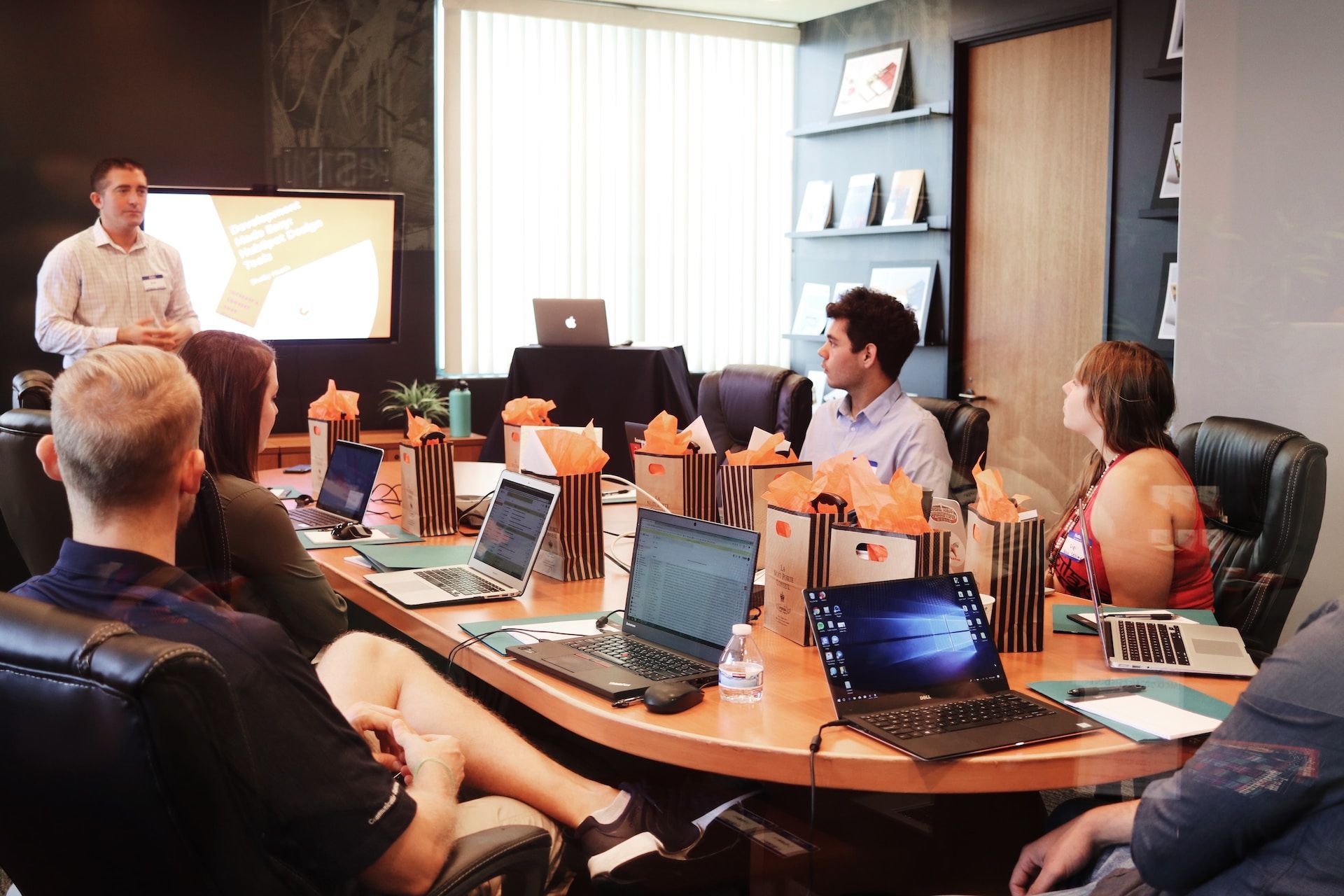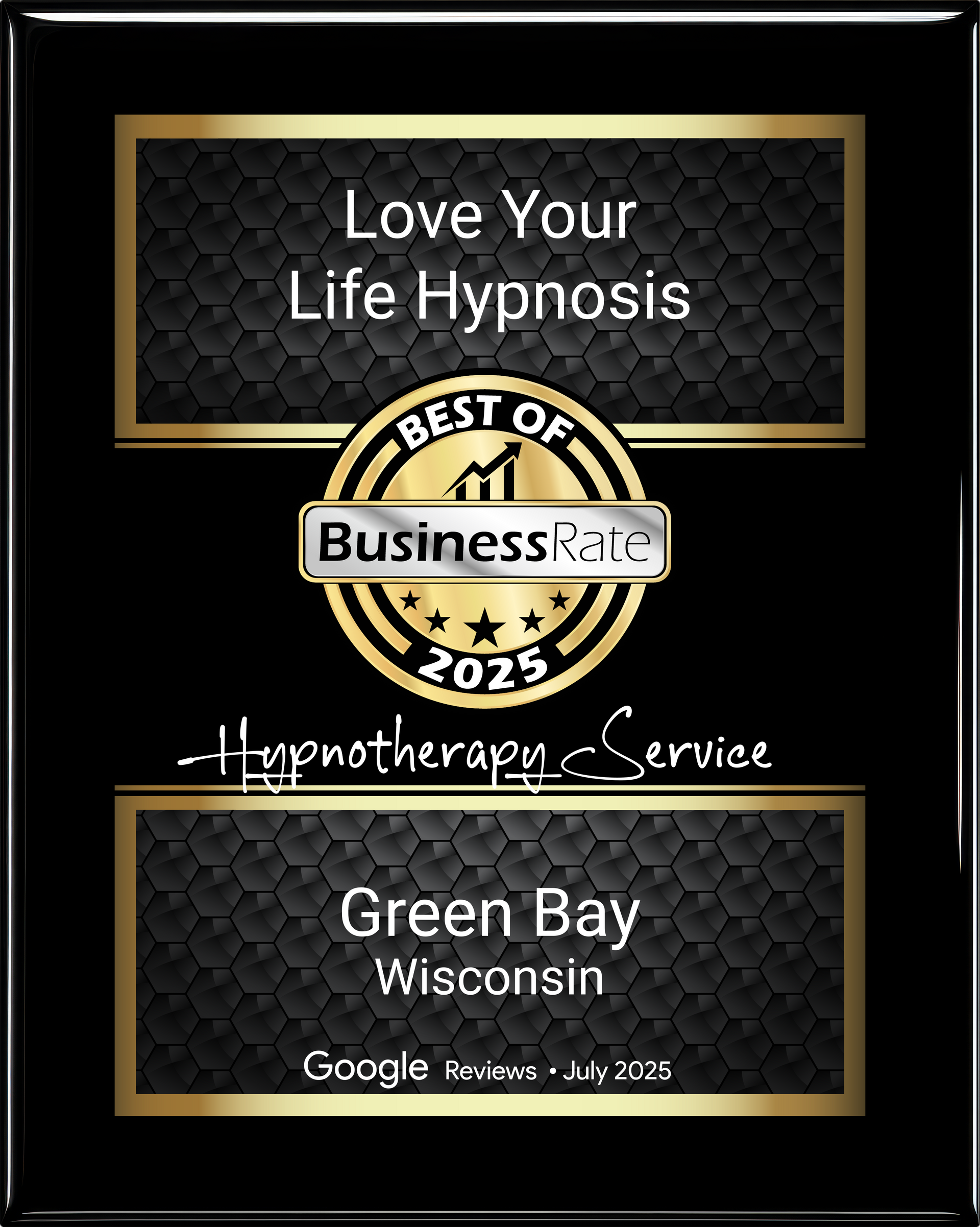Mindfulness & Leadership: Enhance Your Executive Skills with Mindfulness Techniques
In today's fast-paced business world—characterized by constant change, increasing demands, and high stress—leaders must cultivate well-rounded skills and habits to maintain peak performance and emotional balance. Among the most powerful of these habits is the practice of mindfulness. Mindfulness, the art of paying purposeful attention to the present moment without judgment, has recently been embraced by the corporate world due to its proven benefits for executives. Coupling mindfulness with executive coaching can empower leaders to make better decisions, build stronger relationships, and achieve success in both personal and professional realms.
In this article, we will explore the impact of mindfulness in leadership and highlight how Ken Dombrowski can help you integrate mindfulness techniques into your executive coaching experience. Delve into the transformative power of mindfulness and learn how it can enable you to become a more effective and inspiring leader today.
The Science Behind Mindfulness and its Benefits for Executives
Numerous scientific studies have demonstrated the various benefits of mindfulness practice for overall well-being and cognitive function. Specifically, research has shown that regular mindfulness practice can enhance emotional regulation, reduce stress, and foster increased cognitive flexibility.
For executives, these benefits translate into improved decision-making skills, more effective communication, and greater adaptability in navigating the ever-evolving business landscape. Research has also highlighted mindfulness's positive impact on emotional intelligence—a critical component of effective leadership.
Mindfulness Techniques for Improved Decision-Making
Faced with complex problems, tight deadlines, and competing priorities, leaders must be able to make sound decisions under pressure. Mindfulness practices can sharpen decision-making skills by enhancing focus, reducing the effects of cognitive biases, and promoting a more rational and objective approach. Some practical mindfulness techniques that can bolster decision-making include:
1. Mindful Breathing: Regular breaks throughout the day to focus on your breath can help you maintain calm and clarity in challenging situations, ultimately leading to better decision-making.
2. Body Scan Meditation: By bringing awareness to the physical sensations in your body, you can heighten your attunement to emotional responses and reduce the impact of gut reactions on decision-making.
3. Mindful Listening: Actively listening to others, without judgment or agenda, can foster more open-mindedness and stimulate innovative solutions to complex problems.
Enhancing Emotional Intelligence through Mindfulness in Leadership
Emotional Intelligence (EI)—the ability to understand and manage one's emotions and empathize with others—is a crucial component of effective leadership. By cultivating high EI, leaders can build strong relationships, motivate teams, and navigate the complexities of organizational dynamics. Mindfulness techniques can directly contribute to the development of EI in the following ways:
1. Self-awareness: Mindfulness practices facilitate increased self-awareness, enabling leaders to recognize their own emotional triggers and better manage their responses.
2. Empathy: Mindful listening and perspective-taking practices can help leaders better understand others' emotions, fostering a more empathetic approach to communication and collaboration.
3. Self-regulation: Regular mindfulness practice has been shown to enhance emotional regulation, enabling leaders to stay composed and resilient in high-pressure situations.
4. Social Skills: By promoting heightened self-awareness and empathy, mindfulness facilitates more effective communication, collaboration, and conflict resolution within teams.
Implementing Mindfulness Strategies in Executive Coaching
Integrating mindfulness into executive coaching enhances leadership skills and promotes overall well-being and stress management. To successfully incorporate mindfulness practices into executive coaching, consider the following ideas:
1. Customized Mindfulness Program: Develop a personalized mindfulness training program that suits your unique needs, preferences, and goals. Start with simple, foundational practices like mindful breathing and gradually introduce more advanced techniques to keep the training engaging and relevant.
2. Regular Practice: Ensure mindfulness practices become a consistent part of your daily routine, allowing for the cumulative benefits of regular practice to manifest over time.
3. Accountability and Support: Work with your executive coach to set achievable goals and establish accountability measures that encourage consistency in your mindfulness practice.
4. Integration with Leadership Skills Training: Combine mindfulness techniques with other leadership development strategies, such as improved communication skills, problem-solving, and decision-making, to optimize effectiveness.
5. Continual Learning and Adaptation: Be open to new mindfulness methods and adapt your practices to keep them fresh and engaging. Maintain an open dialogue with your coach to discuss your progress, challenges, and evolving needs.
Measuring the Impact of Mindfulness Practices on Leadership
To evaluate the effectiveness of mindfulness practices integrated into your executive coaching, consider implementing some measures to track your progress. Potential methods for measuring impact include:
1. Self-assessment: Monitor your experiences and personal growth concerning key leadership skills such as decision-making, communication, conflict resolution, and emotional intelligence.
2. 360-degree Feedback: Invite feedback from colleagues, subordinates, and superiors to understand your progress on various leadership competencies comprehensively.
3. Quantitative Metrics: Analyze key performance indicators (KPIs) and other relevant data to assess the impact of your mindfulness practices on your overall work performance and team productivity.
Recognizing the progress made through the integration of mindfulness practices into executive coaching can inspire continued growth and commitment to a more mindful approach to your leadership development journey.
Elevate Your Leadership with Mindfulness and Ken Dombrowski
Incorporating mindfulness techniques into your executive coaching experience offers a powerful approach to enhancing your leadership capabilities and overall well-being. As a leader, embracing mindfulness can improve decision-making, foster emotional intelligence, and create stronger connections with your team, ultimately leading to greater success in your personal and professional life.
Ken Dombrowski, an Executive Life Coach and Master Hypnotist, is here to help you unlock the full potential of mindfulness in your leadership journey. If you want to elevate your leadership skills and foster sustainable growth in your career, get in touch with us to learn more about our
life coaching services and offerings. Take the first step toward mindful leadership today.












